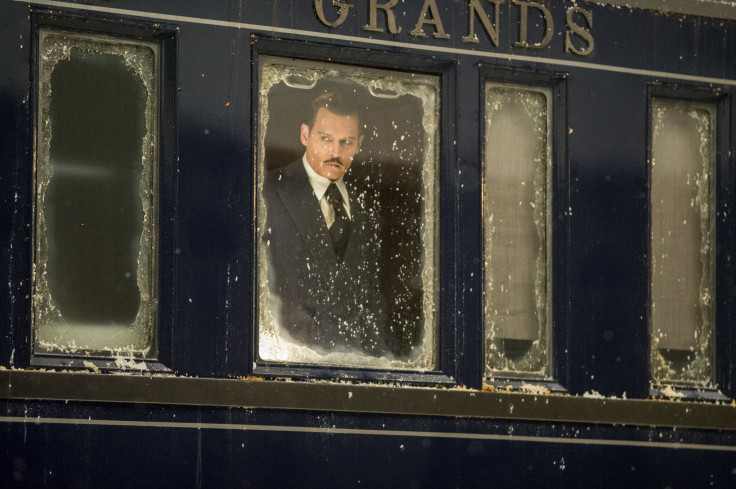‘Murder On The Orient Express’: Who Was The Killer In The Book?
“Murder on the Orient Express” hits theaters Friday, but audiences have been enjoying the murder mystery for decades. The Agatha Christie book was first published in 1934, and it delivers a twist ending.
The movie follows the book, so to be clear, this is a major SPOILER ALERT. If you’re a person who likes to know the ending before seeing the movie or reading the book, read on.
The murder of Mr. Rachett sparks Mr. Poirot’s investigation on the Orient Express. The detective quickly realizes that Rachett is actually Lanfranco Cassetti. He kidnapped heiress Daisy Armstrong a few years earlier and collected a hefty ransom from her family. Rather than returning her, he killed her, leading to a tragic chain of events that led to the death of Daisy’s whole family.
Mr. Poirot has to figure out which train passenger had the motive to kill Cassetti, but that’s not an easy task. Everyone had connections to the Armstrong family. Daisy’s aunt is there, and the best friend of Daisy’s father is onboard too. One passenger is the father of the family’s maid, who killed herself after being falsely accused of murdering Daisy’s father. Everyone seems guilty because they are.

Cassetti died of 12 stab wounds, one from nearly every passenger. The twelve conspirators are essentially a jury delivering justice. Countess Andrenyi is the only one who did not deliver one of the wounds. As Daisy’s aunt, she knew she’d be the most likely suspect, so her husband took her place.
Since Poirot views this as an act of justice, he lies to the police and says an intruder came aboard the train and killed the man.
Though the ending is the same, expect some changes from the original “Murder on the Orient Express” book. The film version has been updated to have a more diverse cast, and Poirot is on vacation in the film rather than trying to return to London after an urgent message.
Kenneth Branagh, who stars as Poirot and directed the movie, wants audiences to hold off on judging the changes until they see the November flick.
“It is an adaptation that’s meant to please people who know the book and want to see how we will handle certain things,” he told Entertainment Weekly. “There are changes, there are differences, there are times they may wonder if we’ve slaughtered, sacrificed, and barbecued sacred cows. I’ll just ask them to reserve judgment until the end of the film.”
“Murder on the Orient Express” is now in theaters.
© Copyright IBTimes 2024. All rights reserved.





















